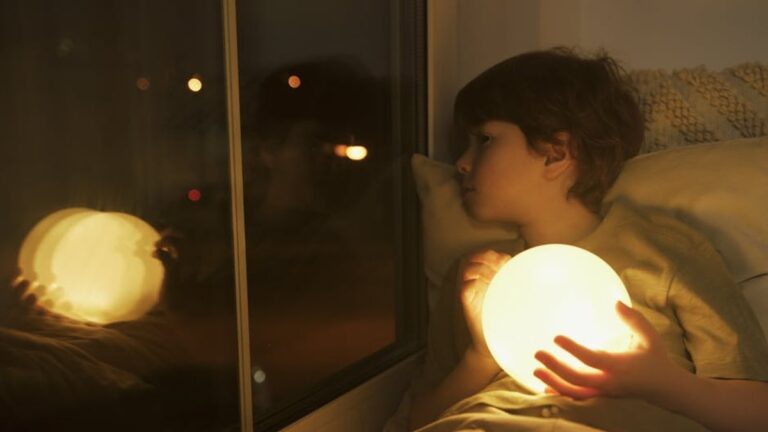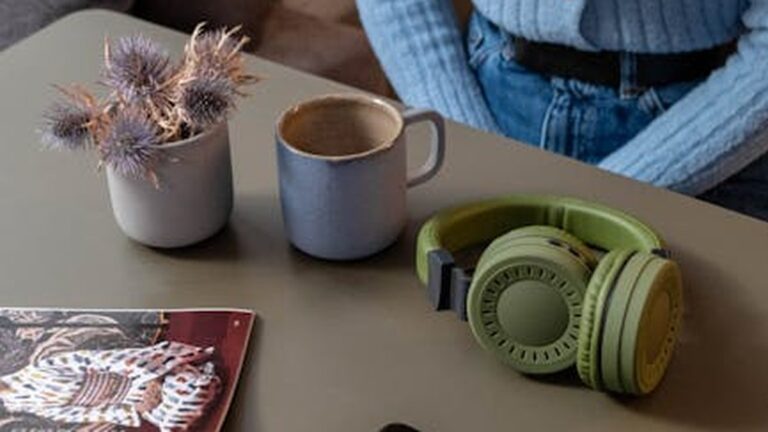Sleep Tech 2.0: Advanced Wearables for Monitoring and Improving Sleep Quality
The Evolution of Sleep Tech: From Basic Trackers to Comprehensive Sleep Labs on Your Wrist
For years, the concept of Sleep Tech was limited to basic fitness trackers that estimated sleep duration. These early devices offered a rudimentary understanding of our sleep patterns, but lacked the depth and precision needed for meaningful sleep improvement. Now, we’ve entered the era of Sleep Tech 2.0 – a revolution driven by sophisticated wearable sleep trackers capable of detailed sleep quality monitoring, in-depth sleep data analysis, and personalized recommendations for better rest.
This new generation of advanced sleep wearables goes beyond simply tracking movement. They incorporate advanced sensors and algorithms to provide a comprehensive picture of your sleep architecture, helping you identify potential issues and take proactive steps towards achieving restorative sleep. This isn’t just about knowing how long you sleep, but how well you sleep.
Understanding the Science Behind Wearable Sleep Trackers
At the heart of Sleep Tech lies the science of sleep itself. Understanding the stages of sleep – light sleep, deep sleep, REM sleep – is crucial for appreciating how these devices work. Each stage plays a vital role in physical and cognitive restoration. Advanced sleep wearables use a combination of sensors to differentiate between these stages.
Key Technologies Used in Sleep Tracking
- Actigraphy: Measures movement to estimate sleep and wakefulness. This is the core technology used in basic fitness trackers and remains a fundamental component of sleep quality monitoring.
- Heart Rate Monitoring: Tracks heart rate variability (HRV), which can indicate stress levels and sleep stage transitions.
- Pulse Oximetry: Measures blood oxygen saturation levels, which can help detect potential sleep apnea.
- Electroencephalography (EEG): Some advanced sleep wearables, typically headbands, use EEG sensors to directly measure brainwave activity, providing the most accurate assessment of sleep stages.
- Respiration Monitoring: Tracks breathing patterns to identify potential disruptions during sleep.
Sleep Sanctuary: Optimize Your Bedroom for Deeper …
The Benefits of Embracing Sleep Tech for Better Rest
The potential benefits of using Sleep Tech extend far beyond simply knowing how many hours you slept. By providing detailed insights into your sleep patterns, these devices empower you to make informed decisions about your sleep habits and lifestyle.
Improved Sleep Hygiene
Blue Light: Eye & Sleep Protection…
Sleep Tech helps you identify patterns and correlations between your daily activities and your sleep quality. For example, you might discover that consuming caffeine late in the day consistently disrupts your deep sleep cycles. This awareness allows you to adjust your habits and improve your sleep hygiene.
Early Detection of Sleep Disorders
While wearable sleep trackers are not diagnostic tools, they can help identify potential sleep disorders like sleep apnea or insomnia. By tracking metrics like blood oxygen saturation and sleep duration, they can alert you to irregularities that warrant further investigation by a healthcare professional. According to the American Academy of Sleep Medicine, early detection and treatment of sleep disorders can significantly improve overall health and well-being.
Personalized Sleep Recommendations
Many advanced sleep wearables come with companion apps that provide personalized recommendations based on your sleep data. These recommendations might include suggestions for optimizing your sleep environment, adjusting your bedtime routine, or incorporating relaxation techniques to improve sleep quality.
Are Advanced Sleep Trackers Accurate? Addressing Common Concerns
A common question is: Are these devices accurate? While consumer-grade sleep tech may not match the precision of a polysomnography (sleep study) conducted in a lab, studies have shown that many wearable sleep trackers can provide reasonably accurate estimates of sleep duration and sleep stages, especially when it comes to differentiating between sleep and wakefulness. The accuracy generally improves with devices that incorporate more sophisticated sensors, such as EEG.
However, it’s important to remember that these devices are tools for tracking trends and identifying potential issues, not for making medical diagnoses. Always consult with a healthcare professional for any concerns about your sleep health.
Practical Tips for Using Sleep Tech to Improve Your Sleep
Using Sleep Tech effectively requires more than just wearing a device. Here are some practical tips to maximize its benefits:
- Choose the Right Device: Consider your needs and budget when selecting a wearable sleep tracker. Look for devices with features that are relevant to your specific concerns, such as heart rate monitoring for stress management or pulse oximetry for potential sleep apnea detection.
- Establish a Consistent Sleep Schedule: Even with the best sleep improvement technology, maintaining a consistent sleep schedule is crucial. Go to bed and wake up around the same time each day, even on weekends.
- Create a Relaxing Bedtime Routine: Use your sleep data analysis to identify activities that promote relaxation and improve sleep quality. This might include taking a warm bath, reading a book, or practicing meditation.
- Optimize Your Sleep Environment: Ensure your bedroom is dark, quiet, and cool. Consider using blackout curtains, earplugs, or a white noise machine to minimize distractions.
- Review Your Data Regularly: Don’t just wear the device and forget about it. Take the time to review your sleep data analysis regularly and identify patterns and trends.
- Consult with a Healthcare Professional: If you have concerns about your sleep health, consult with a healthcare professional. They can help you interpret your data and develop a personalized treatment plan.
Case Studies: Real-World Examples of Sleep Tech in Action
Numerous individuals have successfully used Sleep Tech to improve their sleep quality. For example, a study published in the Journal of Clinical Sleep Medicine found that participants who used a wearable sleep tracker and received personalized feedback reported significant improvements in sleep duration and sleep efficiency. Another case study involved an athlete who used Sleep Tech to optimize their sleep schedule and improve their athletic performance.
The Future of Sleep Tech: What’s Next?
The field of Sleep Tech is constantly evolving. We can expect to see even more sophisticated devices with advanced sensors and algorithms in the future. The integration of artificial intelligence (AI) and machine learning (ML) will enable sleep improvement technology to provide even more personalized and actionable insights. We may also see the development of non-invasive sleep monitoring solutions that don’t require wearing a device.
Conclusion: Taking Control of Your Sleep with Sleep Tech
Sleep Tech 2.0 offers a powerful set of tools for understanding and improving your sleep. By leveraging advanced sleep wearables and the insights they provide, you can take control of your sleep health and unlock the many benefits of restorative sleep. Remember to use these technologies in conjunction with healthy sleep habits and consult with a healthcare professional for any concerns about your sleep. With the right approach, Sleep Tech can be a valuable asset in your journey towards better sleep and a healthier, more productive life.
Frequently Asked Questions
Q1: How do sleep wearables track sleep quality?
This important question is covered in detail in the sections above. Review the related content for comprehensive answers.
Q2: What are the benefits of using sleep tech?
This important question is covered in detail in the sections above. Review the related content for comprehensive answers.
Q3: Are advanced sleep trackers accurate?
This important question is covered in detail in the sections above. Review the related content for comprehensive answers.
Q4: Can sleep tech really improve my sleep?
This important question is covered in detail in the sections above. Review the related content for comprehensive answers.
Q5: What data do sleep wearables collect?
This important question is covered in detail in the sections above. Review the related content for comprehensive answers.
References & Further Reading
For more information about Sleep Tech 2.0: Advanced Wearables for Monitoring and Improving Sleep Quality, consider these authoritative sources:
-
Sleep Foundation
Comprehensive sleep health information and research.
Source: sleepfoundation.org -
NIH Sleep Health
National Institutes of Health sleep science and guidelines.
Source: nih.gov -
Mayo Clinic Sleep Guide
Medical sleep advice from Mayo Clinic experts.
Source: mayoclinic.org
These external resources provide additional scientific and medical insights.






